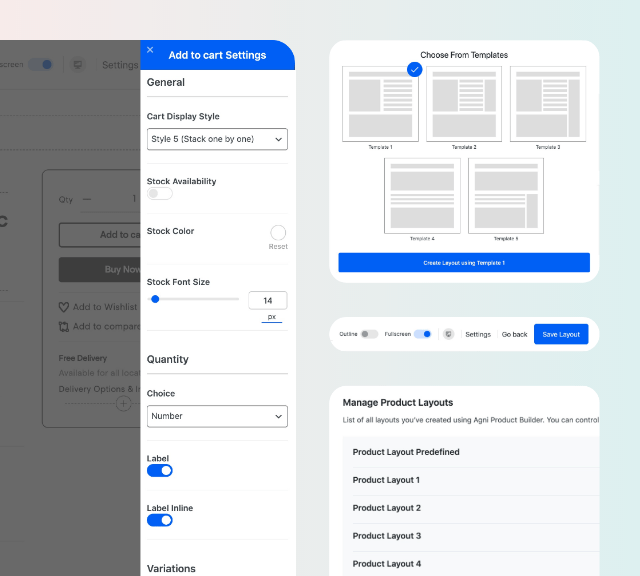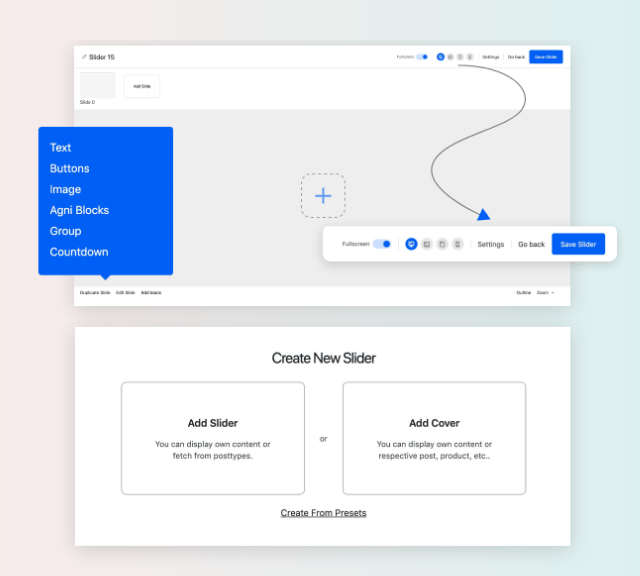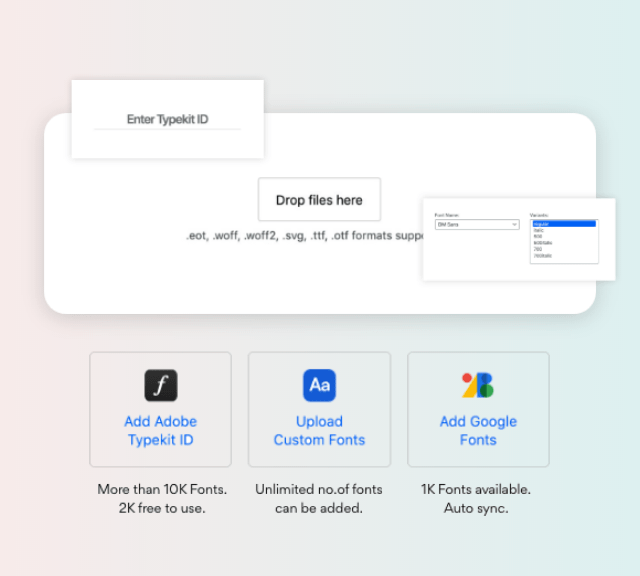The global business process outsourcing spend could increase 19% over 2019’s numbers to reach $212 billion in 2023. Grandview Research predicts that the business process outsourcing industry will reach $525 billion by 2030. With such a hot labor market and so many options, businesses that plan to outsource will compete with other local companies for top talent. What’s more, they will go neck-to-neck with any firm around the globe that offers flexible or remote work options. After all, many organizations these days are willing to meet the demands of prospective employees. It’s true that business process outsourcing provides companies with access to top talent around the globe.
- As technology and business dynamics continue to evolve, outsourcing remains a strategic tool for organizations looking to thrive in the future.
- They will also need to invest in the latest technologies to improve efficiency, streamline operations, and stay ahead of the curve in terms of innovation.
- AI and PA are also expected to have a major impact on the way in which outsourced projects are carried out.
- This shift toward freelance-driven outsourcing will allow companies to strategically engage with skills and expertise on-demand, resulting in more efficient and agile project execution.
Furthermore, AI and PA will greatly reduce the amount of time needed to complete outsourced tasks. By automating routine operations, businesses can reduce the amount of time spent on paperwork and other administrative tasks, as well as the amount of time needed to analyze data and make decisions. This will allow businesses to focus on more important tasks, such as product development, customer service, and marketing. Modern IT outsourcing providers need to stay up-to-date with these trends on the changing market to understand what modern clients will expect. The leading partners will appreciate a customer-centric approach, transparency and trust.
HR Outsourcing Trends
As the data from the GSA report reveals, 83% of respondents believe RPA will be of greater significance over the next decade. Similarly, 80% of respondents hold the same belief about the growing importance of artificial intelligence. This highlights the increasing recognition of the potential of these technologies among the other http://stroitely-tut.ru/886-oboi-dlya-detskoy-komnaty-dlya-malchika-i-podrostka-instruktsiya-po-vyboru-pokrytiy-video-i-foto.html and reveals their impact on businesses as a whole. Therefore, we will face a growing demand for professional data scientists, big data analysts, and AI experts. With the increasing importance of data privacy and security regulations (such as GDPR, CCPA, and HIPAA), outsourcing providers are placing a stronger emphasis on data security and compliance. Clients are demanding robust cybersecurity measures and adherence to regulatory standards from their outsourcing partners.
An outsourcing company is more likely to have the time, expertise, and resources needed to customize solutions than an in-house team. LatAm countries—particularly Mexico, Argentina, and Brazil—are emerging as prime outsourcing destinations for US companies due to their skilled workforce. As businesses seek to capitalize on the latest outsourcing trends, they should recognize Latin America’s unique advantages. Outsourcing providers will increasingly incorporate gig economy models into their service offerings, using platforms and technologies that connect freelancers with clients seeking their skills. The remote workforce in Latin America (LatAm) has been very receptive to the US nearshore outsourcing trend. US companies are looking to LatAm remote workers to help them overcome talent shortages in many areas and reduce their overhead spending.
How to Choose a Reliable PHP Development Company: Tips & Tricks
The pandemic proved that outsourcing is a timeless industry with endless possibilities at hand. It filled the gaps in certain aspects that companies once looked over and avoided. The finance and banking sector relies on outsourcing for services like data entry, transaction processing, and risk assessment. Outsourcing helps financial institutions manage large volumes of data and maintain compliance.








































